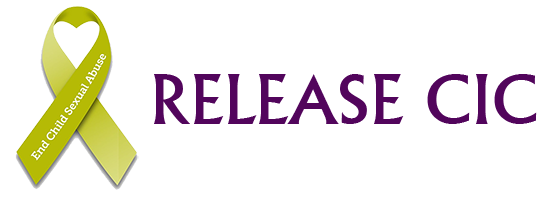Impact & Consequences
CSA more often than not affects survivors well into their adulthood and the simplistic claim that CSA occurred decades ago when the survivor was a child does not mitigate or eradicate what happened to the survivor because they are perceived as ‘having overcome their trauma and have now “moved on with their lives.”
Often statutory and non-statutory support services locally and nationally do not understand or recognise the specifics of CSA, how trauma affects and impacts each individual differently. For many survivors, simply going about their day-to-day routine takes incredible reserves of strength and determination.
*Current research Forum Cultural Change (external link iicsa.org)
Our service ethos is to encourage and support emotional empowerment and healing. We use a variety of methods including craft & wellbeing activities. Our current Behind the Mask project explores personal identity and our responses to abuse and recovery.
Healing Process
Those who have been abused often wonder if healing is possible. The answer is definitely yes, although recovery from abuse is not something that happens overnight. You cannot flick a switch or reformat your heart and mind as one would a computer. Healing is an on-going process of profound changes within you. The process for most begins with an awareness that many of the problems and unpleasant feelings they have is in some way connected with their childhood history and to have survived abuse is not enough. Whatever problems you have in your life today, you are still here and as an adult you now have the opportunity to heal even the deepest of wounds.
1. Acknowledge to yourself what happened to you
2. Telling a trusted person in your life
3. Believing you are NOT to blame
4. Processing emotions, grief, anger, pain. Usually safer to do in a therapeutic setting if possible.
5. If it feels right TO YOU confront your abuser in an emotionally healthy way.
